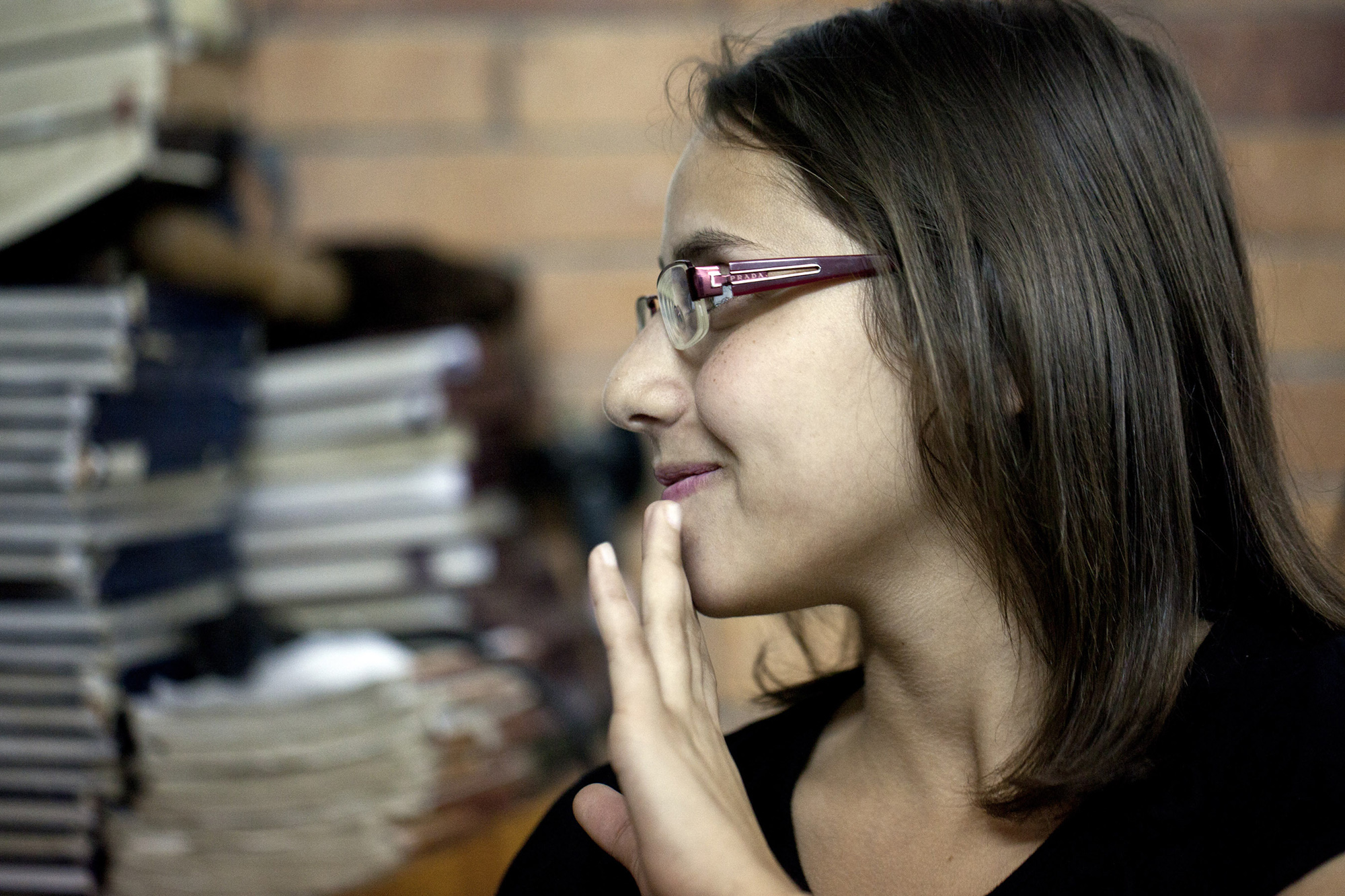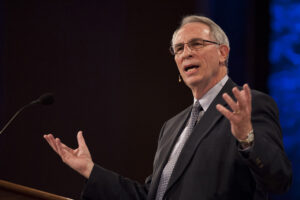
EDITOR’S NOTE: It’s been more than a year since the early, heady days of what some have called the “Arab Spring” protest movements led primarily by Arab young people yearning for greater personal and political freedoms. This is one of six stories in Baptist Press today exploring the lives of six men and women coping with radical change. And, for an overview story about the intervening months, see today’s Baptist Press story, “Whatever happened to the ‘Arab Spring’?”
CAIRO (BP) — It’s been an anxious year for Egyptian women.
Hopes soared when young Egyptians — men and women together — led the demonstrations that brought down longtime President Hosni Mubarak in early 2011. Together, they faced down guns and thugs in Cairo and other Egyptian cities, toppled the old order and captured the world’s imagination. If they could do that, what could they not do? Many women and girls dared to dream of new freedoms in a society where they have long been subjugated by Arab and religious traditions.
They’re still dreaming, but little has changed so far.
In the immediate aftermath of revolution, social order broke down. Police disappeared. Crime skyrocketed. Citizens had to defend their own neighborhoods from thieves and looters. In the year since, economic turmoil and political uncertainty have continued as various factions compete for power. But day-to-day conditions have improved — except for women.
“I don’t feel freedom,” says Miriam*, 17, a Christian student in Cairo. “Under Mubarak it was bad, but at least it was safe to walk on the street. But now it’s not.”
In Miriam’s neighborhood, a densely packed district of the vast city, women still fear robbery or assault if they go out alone. In the chaotic months after the revolution, “it was difficult for me to go to any school lessons, especially at night, because the area became very empty,” Miriam recalls. “So my dad had to stop his job to take me from place to place. It put a lot of pressure on my studying to be afraid to go on the street. It was difficult.”
Far from gaining new freedoms, women wonder what a heightened Islamist influence in the post-Mubarak era might bring. Many are wearing head scarves and covering any bare skin to avoid harassment from conservative Muslim groups. Even some Christian women now carry head coverings in their purses — just in case. Fear and doubt permeate their discussions of the future.
Even so, Miriam is optimistic as she looks ahead.
She aspires to study management and pharmacy. She’d like to open a clinic one day with her sister, who wants to be a doctor. She participated as her church — located in the poor, heavily Muslim area where she lives — made many new friends in the community by holding medical clinics open to all.
Beyond personal plans or goals, Miriam prays for a new Egypt — despite its current struggles.
“Maybe God has allowed this to happen so the people — and the Christians, specifically — will come to Christ again, will know that He is the only Lord of our lives,” she says. “It doesn’t matter what happens in the street or in the country. I’m not worried about the new president. It’s all in God’s hand, no matter what president takes the rule.
“Maybe we have to wear more clothes and cover our hair, but that’s only on the outside.”
–30–
*Name changed. Erich Bridges is the International Mission Board’s global correspondent.
















